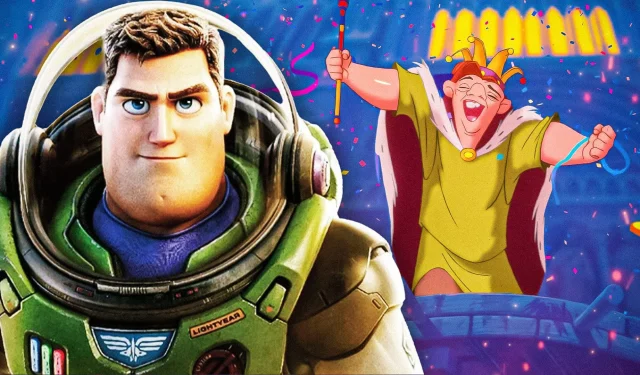
Walt Disney Pictures has left an indelible mark on the landscape of children’s cinema, producing timeless films that continue to captivate audiences of all ages. However, this beloved studio often finds itself at the center of spirited debates among its devoted fan base. While classics like “The Lion King”and “Cinderella”are universally cherished, certain releases have sparked controversy due to outdated stereotypes, troubling character depictions, or creative missteps. With such a vast and iconic catalog, it’s natural for fans to hold differing opinions regarding many Disney films.
Even the most celebrated Disney movies spark discussion as fans analyze their themes, messages, and cultural implications. Recently released titles have left some viewers longing for the nostalgia of the Disney Renaissance, while others embrace the computer-generated imagery (CGI) style that defines much of Disney’s 21st-century output. Founded over a century ago, Disney’s legacy is rich with films that provoke both adoration and critique.
10 Beauty And The Beast (1991)
Directed by Gary Trousdale & Kirk Wise
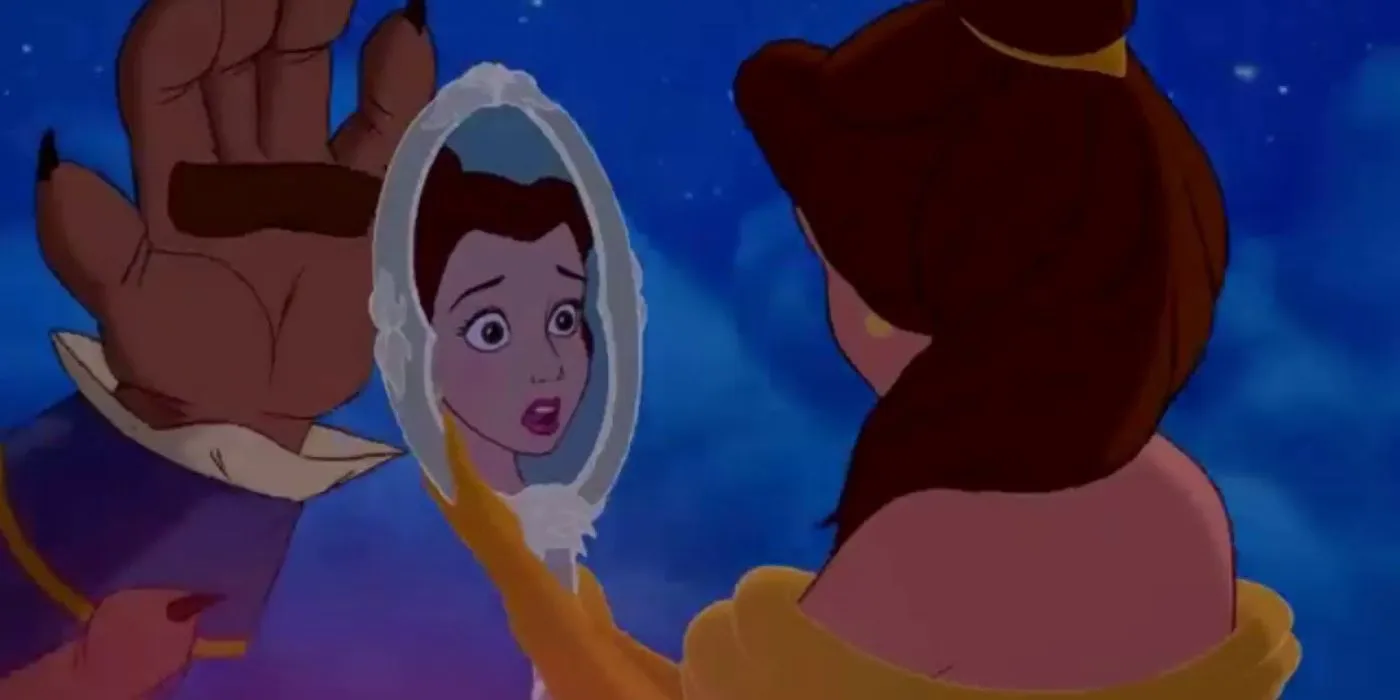
The enchanting musical fantasy, Beauty and the Beast, stands out as one of Disney’s most remarkable achievements. Based on the 1756 fairy tale by Jeanne-Marie Leprince de Beaumont, this film resonates with audiences young and old due to its universal themes. However, some fans voice concerns over the complexity of the Beast’s character and his treatment of Belle.
Though the narrative advocates for looking beyond surface appearances, Belle’s affection for the Beast raises questions about consent and emotional manipulation, with some critics likening it to Stockholm syndrome. As audiences witness Belle’s confinement and the Beast’s controlling behaviors, the glossy ending elicits a mix of responses regarding the authenticity of their love story.
9 Pocahontas (1995)
Directed by Mike Gabriel & Eric Goldberg
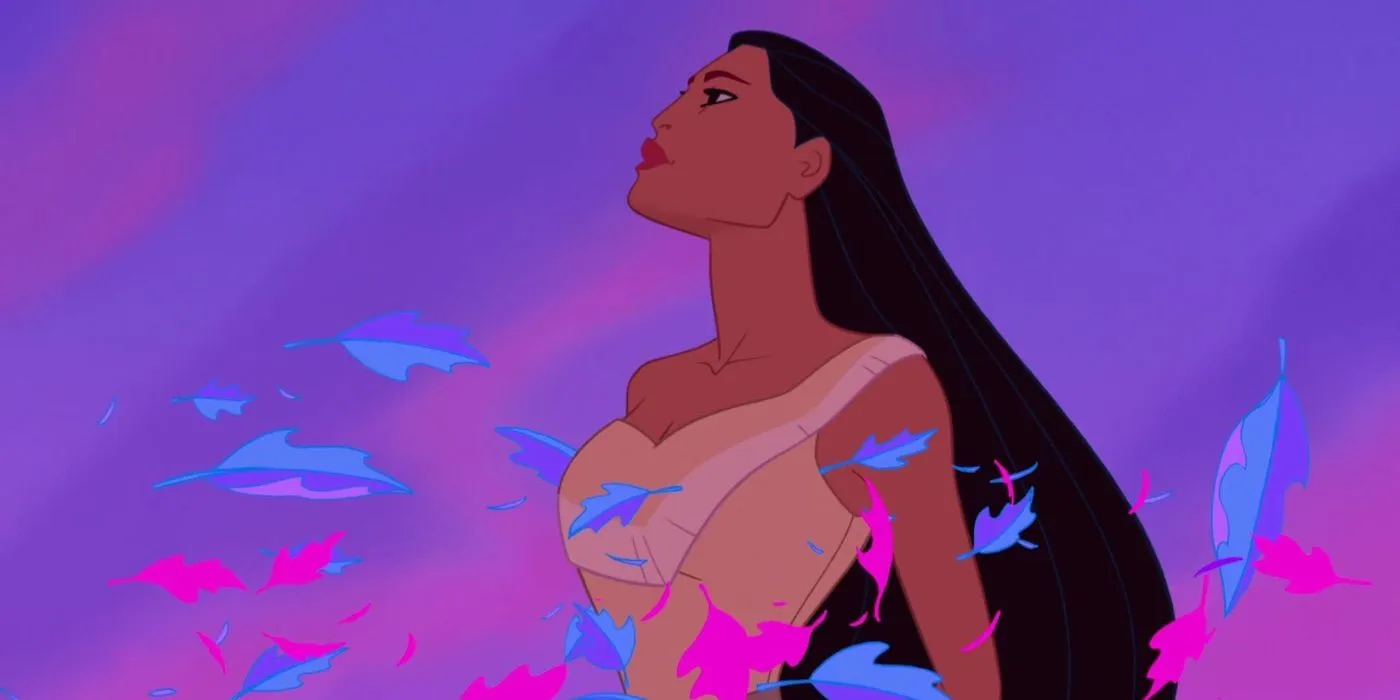
Disney’s Pocahontas, inspired by the true story of a Native American woman and European settlers, has become a focal point of contention due to its historical inaccuracies. Although it is celebrated for its stunning animation and songs like “Colors of the Wind,”the romanticized version of events raises significant concerns regarding its portrayal of colonial themes.
Notably, activists like Russell Means have pointed out the film’s mixed messages, praising its attention to racial issues while critiquing its simplifications of complex historical realities. Despite its artistic achievements, Pocahontas could have offered a more profound examination of colonialism, highlighting the ongoing debate about how children’s films handle sensitive topics.
8 Song Of The South (1946)
Directed by Harve Foster & Wilfred Jackson
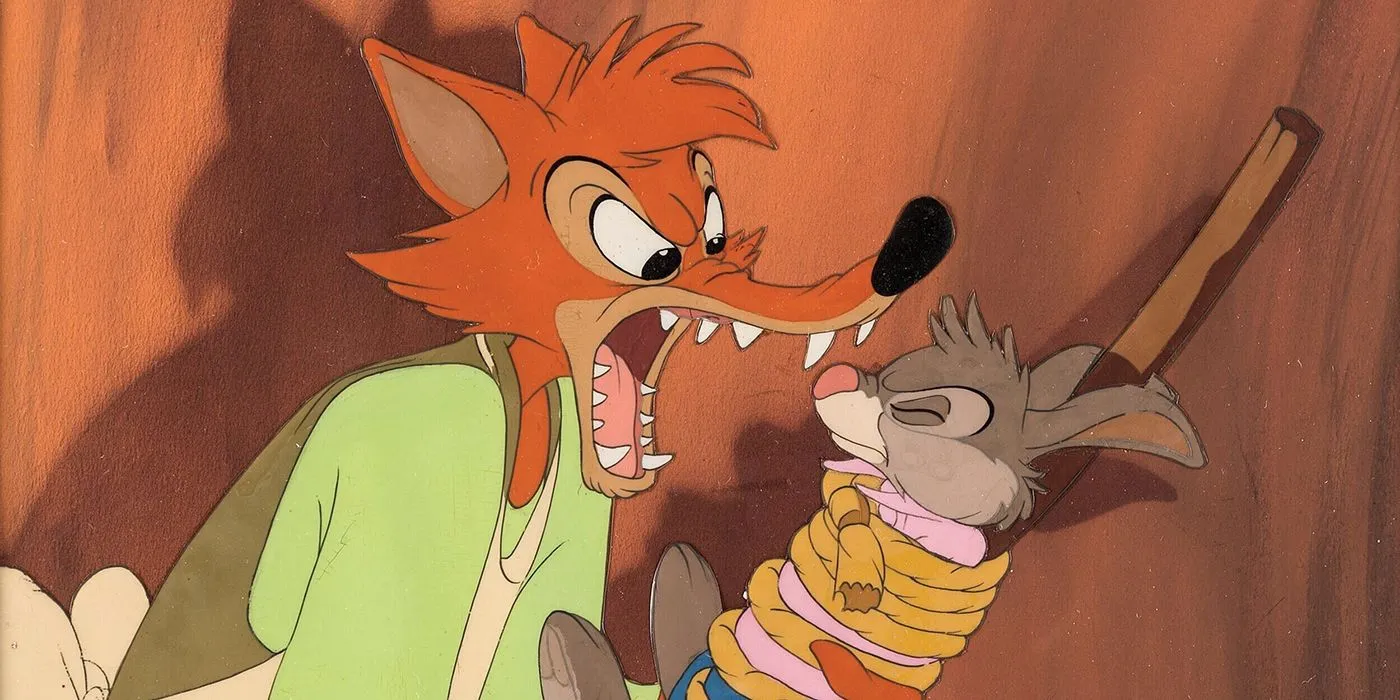
Song of the South remains one of Disney’s most controversial films, often cited for its problematic racial portrayals. Despite being a blend of live-action and animation, the film’s legacy has made it largely absent from modern media platforms, with many Disney fans advocating for its dismissal altogether.
The film features the classic song “Zip-a-Dee-Doo-Dah,”which won an Academy Award, yet discussions about its content are rife with discomfort. While some view it as a product of its era, others argue for its exclusion from the Disney canon, as understanding the historical context is critical for progress, making the film’s controversial legacy an ongoing discussion.
7 The Princess And The Frog (2009)
Directed by John Musker & Ron Clements
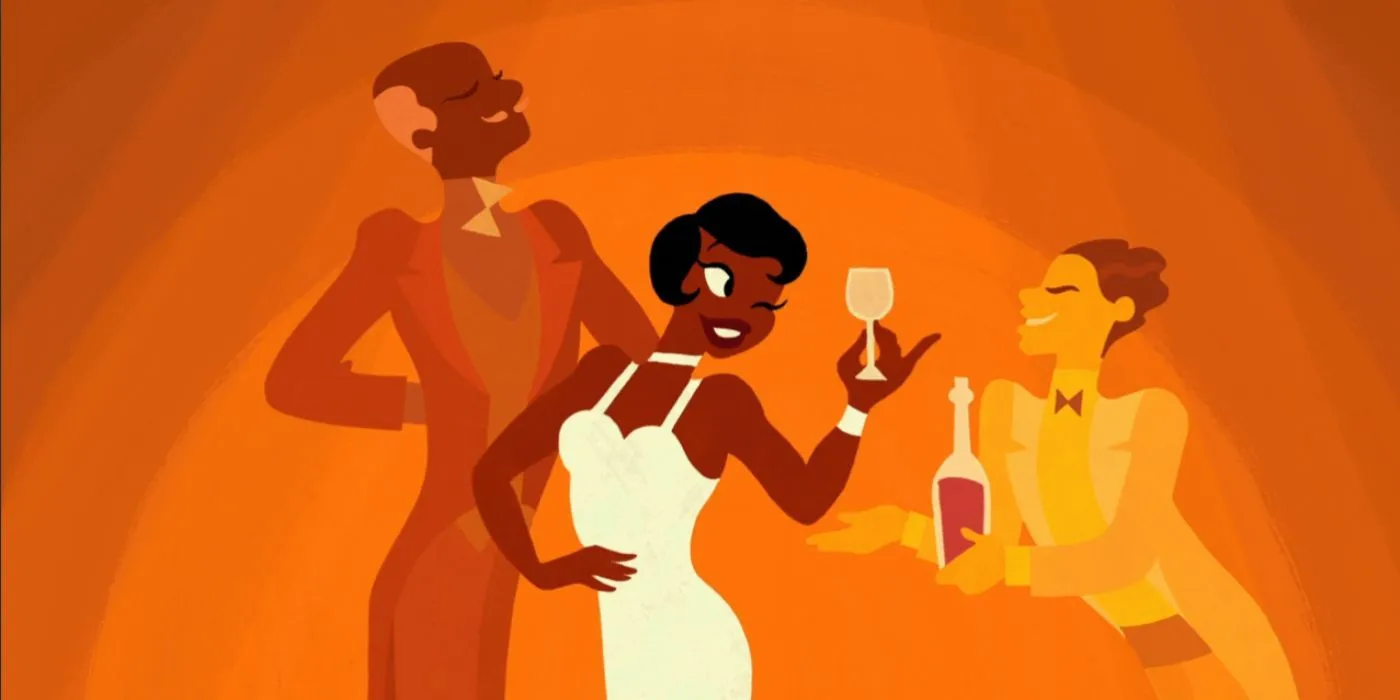
With the success of Pixar’s Toy Story in 1995, the animation industry shifted dramatically towards CGI, leaving traditional 2D animation in its wake. In 2009, Disney attempted a return to its roots with The Princess and the Frog, but despite critical acclaim, its box office performance led to a waning focus on hand-drawn films.
This nostalgic nod to traditional animation was seen by many as a farewell to the art form, fostering divided opinions among fans who longed for more 2D features alongside CGI offerings. Ultimately, The Princess and the Frog signifies both a homage to Disney’s past and a poignant end to an era.
6 Frozen II (2019)
Directed by Chris Buck & Jennifer Lee
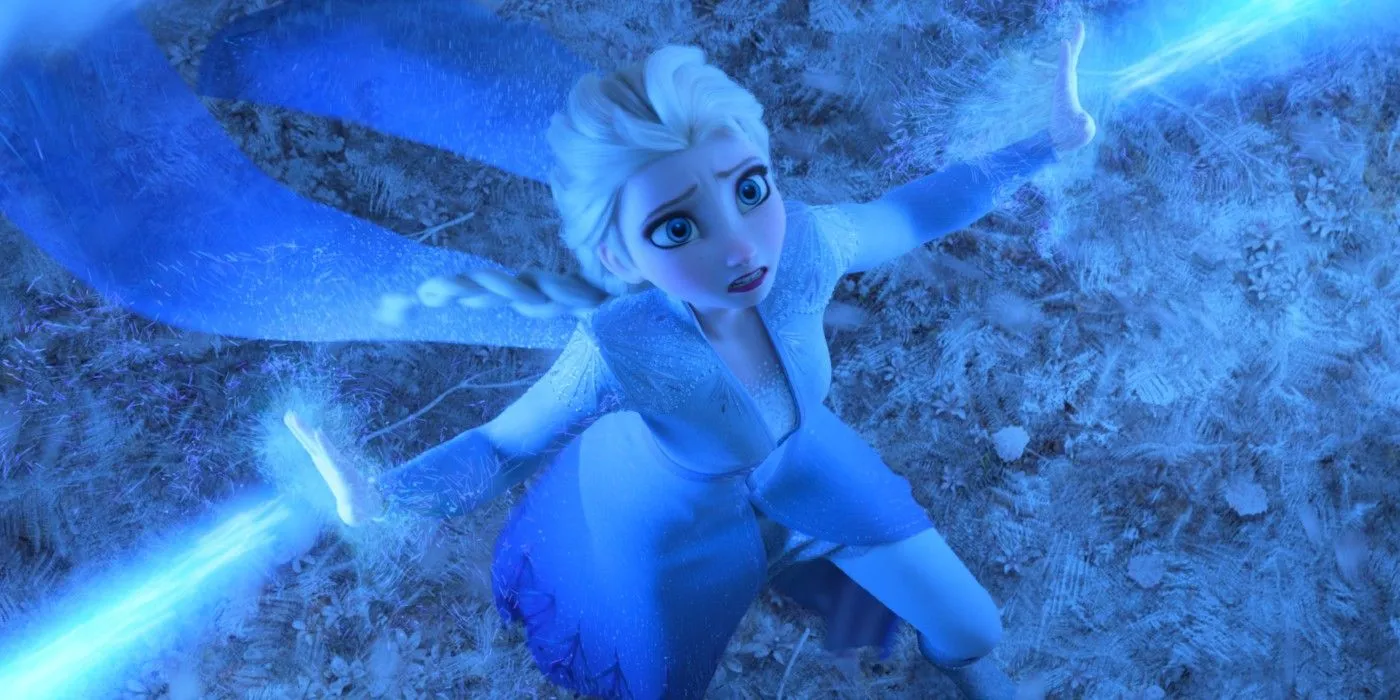
Following the monumental success of the original Frozen, the eagerly awaited sequel, Frozen II, generated substantial anticipation. Although it grossed an impressive $1.4 billion worldwide, fans critiqued the film for its perceived lack of direction compared to its predecessor.
Set against an enchanted forest backdrop, the sequel explored Elsa’s mystical origins but failed to capture the magic that made the first installment a cultural sensation. With Frozen 3 slated for release in 2027 (via Deadline), fans are hopeful it can reignite the franchise’s initial thrill.
5 The Little Mermaid II: Return To The Sea (2000)
Directed by Jim Kammerud
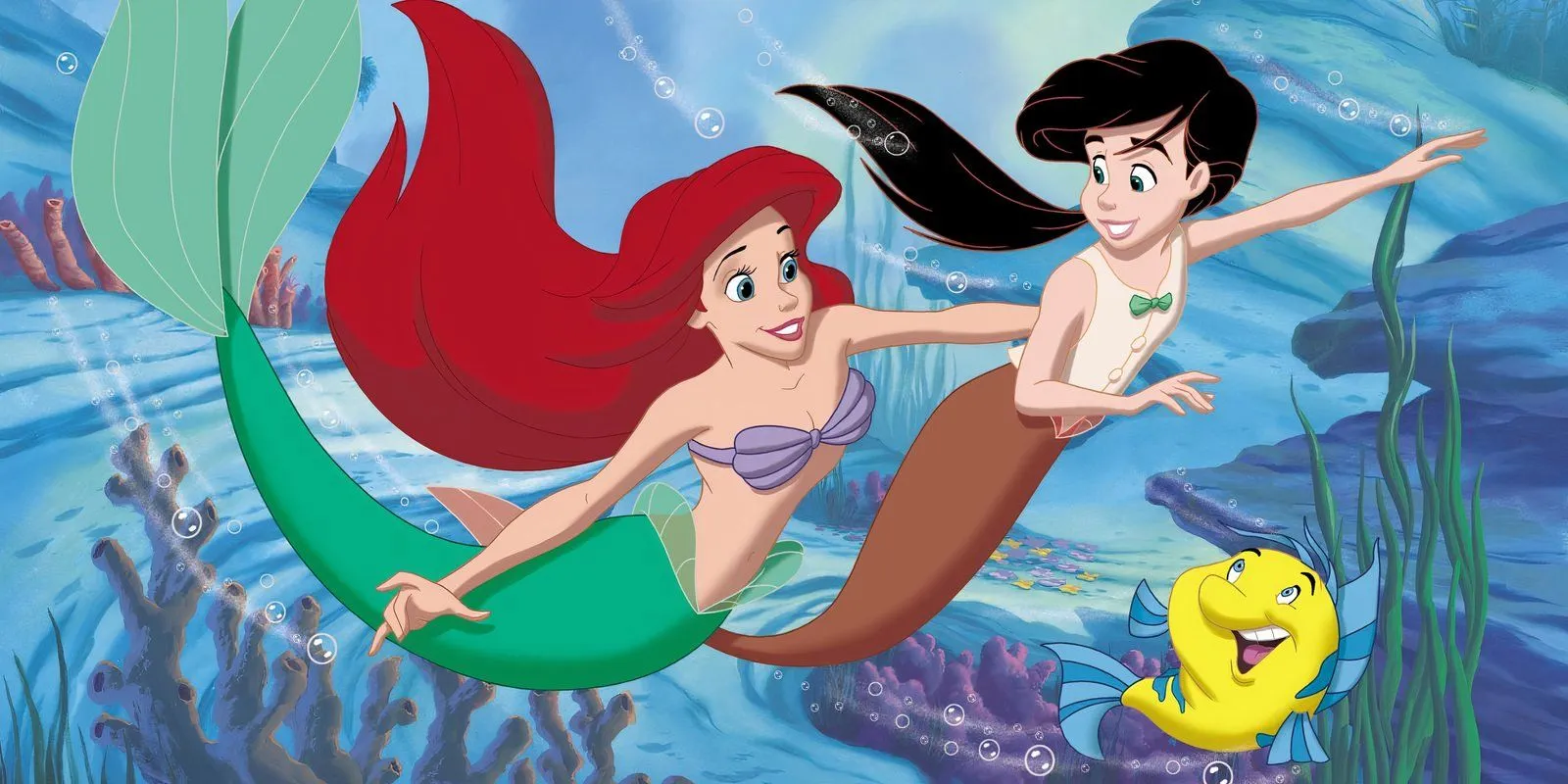
Once ubiquitous during the late ’90s and early 2000s, direct-to-video sequels often invited skepticism regarding their quality. Disney’s The Little Mermaid II: Return to the Sea is one that faces criticism for its uninspired execution, centering on Ariel and Eric’s daughter, Melody, who longs to explore the ocean.
Despite having a loyal following, it was severely panned, even earning a spot among the “worst children’s films” according to Total Film. Fans lamented the effortlessness of its story and character development, often preferring to revisit the charm of the original rather than engaging with what felt like a half-hearted effort.
4 The Black Cauldron (1985)
Directed by Ted Berman & Richard Rich
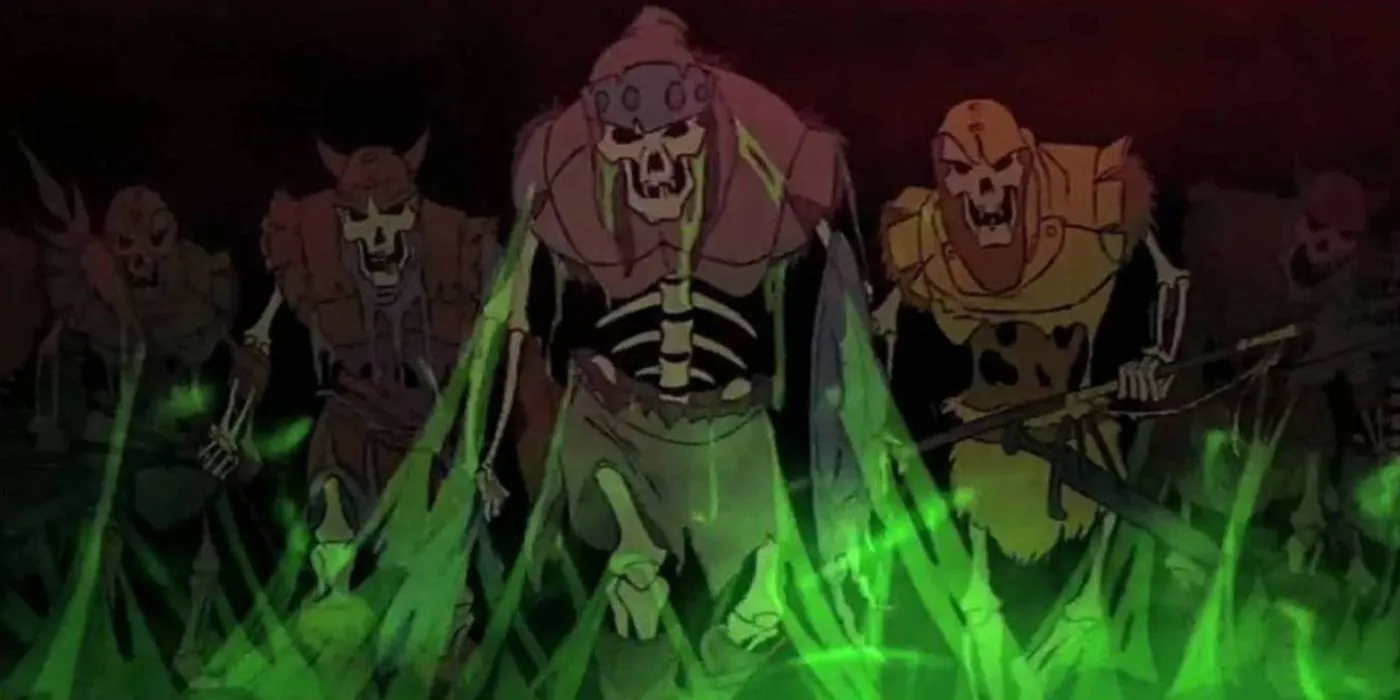
Once the most expensive animated feature of its time, The Black Cauldron has become a divisive entry in Disney’s history. Despite its ambitious storytelling based on Lloyd Alexander’s work, the film failed to resonate with audiences and marked a dark chapter for Disney.
Lauded for its bold use of animation techniques, the film is sometimes characterized as visually stunning but lacking compelling characters or narrative clarity. Over the years, it has gained a cult following, however, during the shaky era of the 1980s, The Black Cauldron represented a significant low point for the studio.
3 The Hunchback Of Notre Dame (1996)
Directed by Gary Trousdale & Kirk Wise
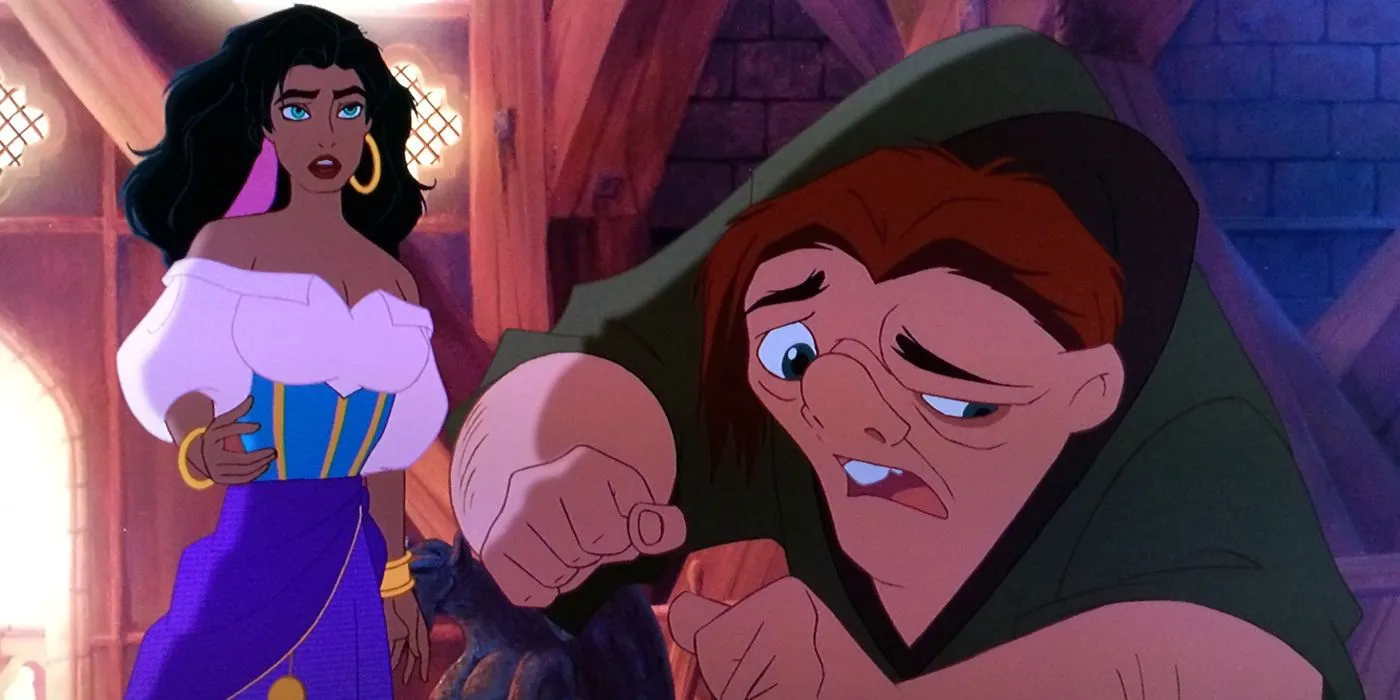
In adapting literature for children, Disney often walks a fine line, as evidenced by its treatment of Victor Hugo’s The Hunchback of Notre-Dame. While the original book wrestles with themes of rejection and identity, the animated adaptation introduces a dichotomy, raising concerns about its suitability for younger audiences.
Opinions vary regarding whether this mature narrative serves educational purposes or if children should be shielded from its heavier themes. Regardless, The Hunchback of Notre Dame remains one of Disney’s most compelling works, provoking discussions on culture and morality.
2 Lightyear (2022)
Directed by Angus MacLane
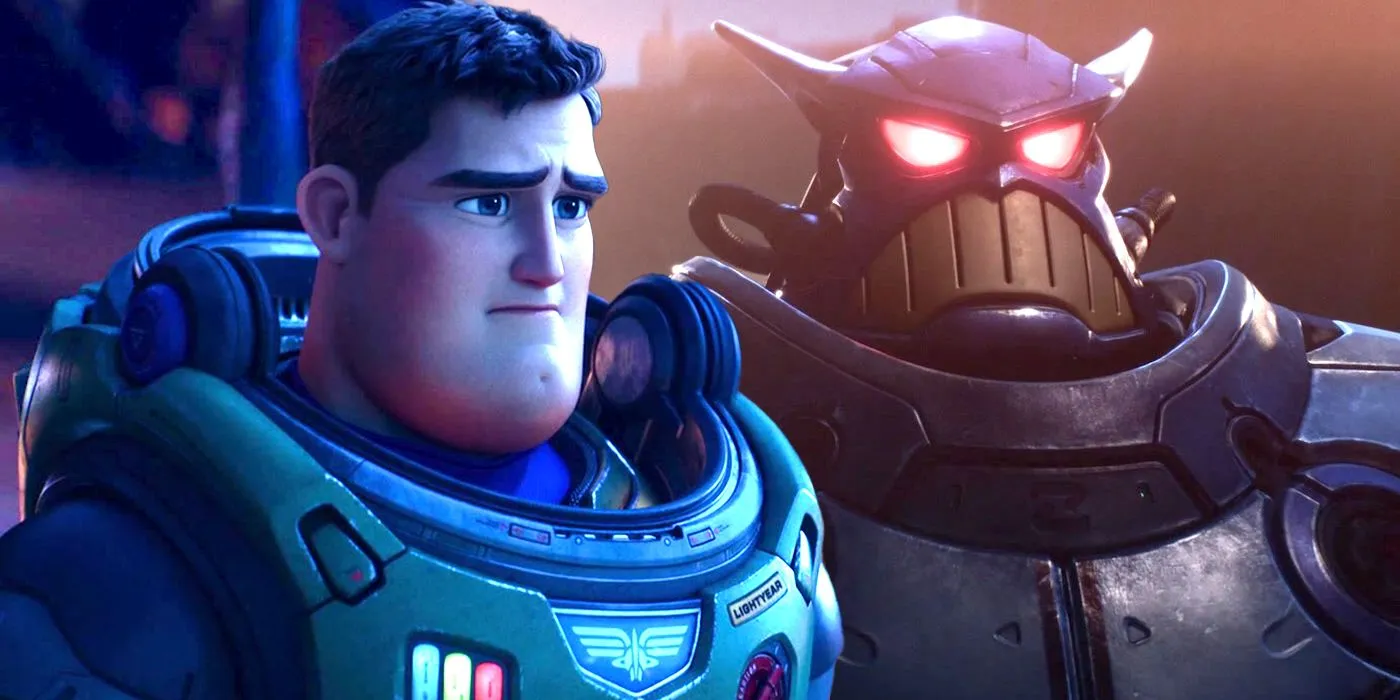
As a notable entry from Pixar, known for its groundbreaking animation, Lightyear generated anticipation but ultimately confused many fans with its narrative. Positioned as a film within the *Toy Story* universe, it presented the adventure of Buzz Lightyear himself, although many felt it strayed from the established continuity, generating mixed reactions.
While receiving favorable reviews, the film elicited questions about its purpose and relevance, leading some to see it as unnecessary within the broader *Toy Story* narrative. The unique approach may have challenged the franchise’s cohesiveness, making Lightyear a discussion point among Disney enthusiasts.
1 The Lion King (2019)
Directed by Jon Favreau
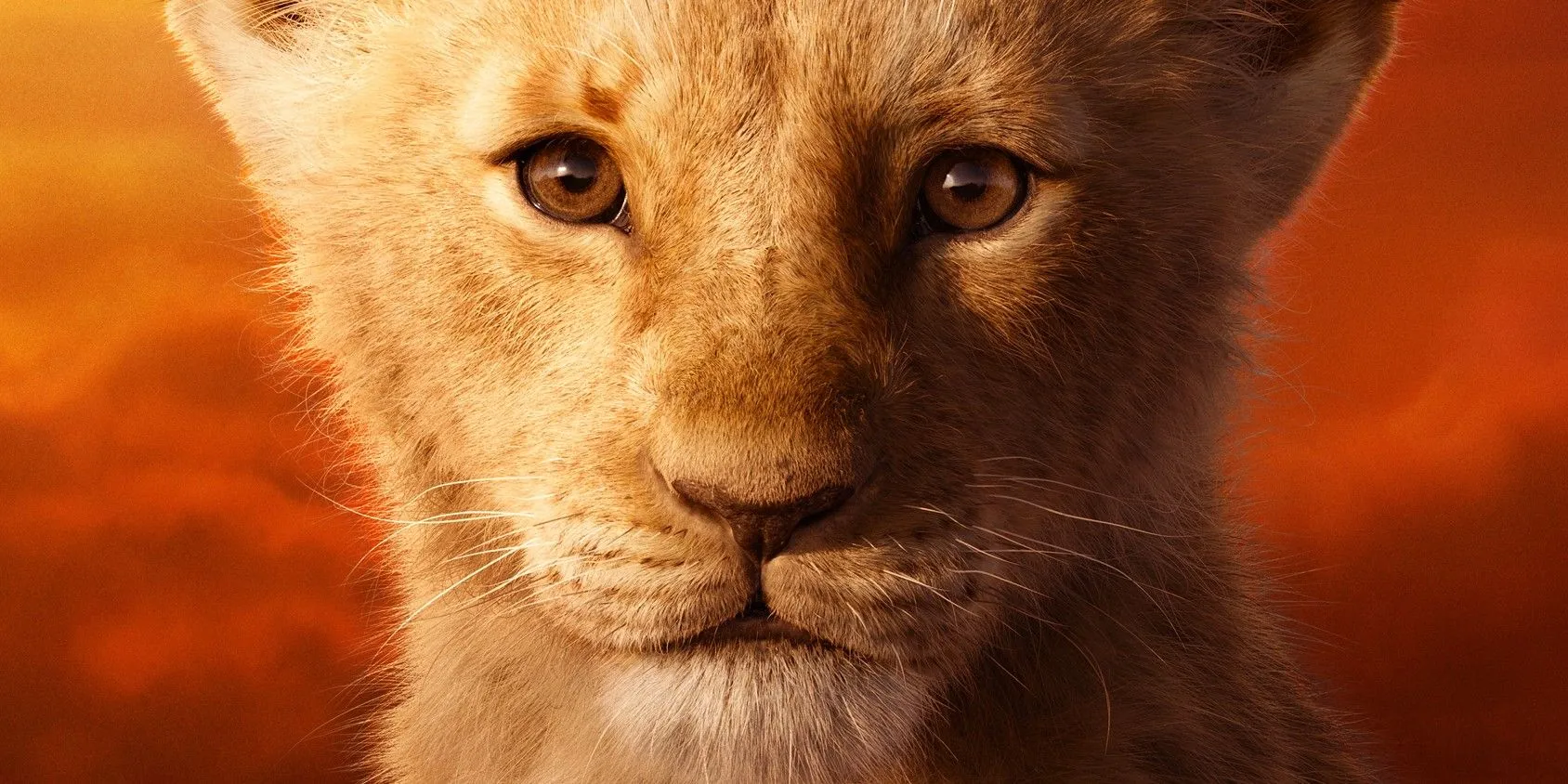
Disney’s trend of remaking animated classics into live-action features sparked debate, culminating in Jon Favreau’s 2019 rendition of The Lion King. Despite impressive visuals and a star-studded cast, many fans deemed it a mere cash grab rather than a creative endeavor.
While the animated 1994 original remains beloved for its emotive characters and storytelling, the 2019 version faced criticism for its lack of expression and authenticity among animal characters. In this instance, Disney’s efforts to innovate led to concerns over the company’s creativity and originality, leaving some fans longing for fresh narratives.
Sources: LA Times, Deadline, Total Film, Jim Hill Media




Leave a Reply ▼